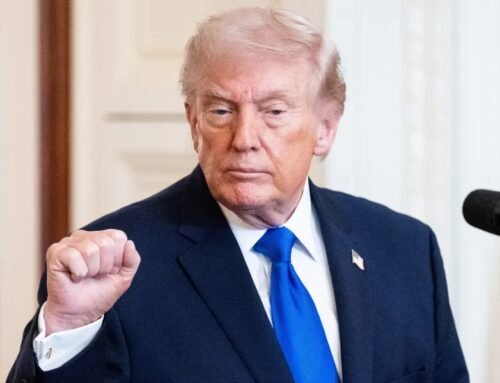Although cryptocurrency’s ability to become a global currency has been applauded by many, few understand its ripple effect on cross-border applications. A common example are OFAC rules that prohibit U.S. citizens from making transactions to countries such as North Korea and Iran. Brian Armstrong, CEO of Coinbase, recently shared the need for a collective effort from leading crypto-businesses to partner with mobile payments app companies across the globe. Armstrong added,
“We should be able to recreate that mobile money experience. But not for just like a dozen countries but for all 200.”
Taking this idea forward, the CEO of Coinbase highlighted Venezuela’s failing attempt to recover from its crippling economy. While the country hosts a huge potential user base, Brian Armstrong cautioned viewers to not get too excited, and claimed that it will take at least a decade to witness its true impact on the world. The CEO of the San Francisco-based exchange also shared his quest to deliver a decentralized social network. After trying some of the readily available options, he argued,
“One thing that needs to get fixed is the scalability of these protocols and blockchains. Luckily, there’s a bunch of people very focused on scalability.”
Armstrong linked this idea to economic freedom for oppressed people in countries such as China, a country which possesses “amazing potential as an economy.” The CEO also voiced the need for special economic zones where startups can perform numerous experiments. Even if one project gets traction, it may result in either acquisition or evolving thought processes about new technology, he said.
As uncertainty about the legality of crypto-operations grows hazier, businesses will soon have to choose a safe haven in some part of the world. Presently, government organizations are reluctant to place a complete ban on the technology, since they fear that it might turn out to be the biggest financial blunder in history.






Leave A Comment